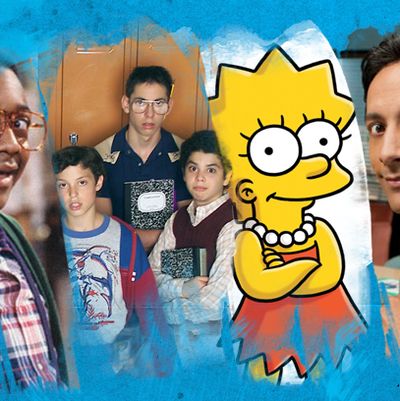
It feels like the nerd is as old as time, but it’s a relatively young term and younger phenomenon. The first documented appearance of the word was in Dr. Seuss’s If I Ran the Zoo, but it would be decades before the classic nerd would materialize: smart, if not too smart; socially awkward; obsessive; glasses (often with tape); ill-fitting clothing; into sci-fi and/or computers; high and/or nasally voice. However, over the last 40 years or so the archetype has evolved beyond the Revenge of the Nerds stereotype into something more nuanced. And TV comedies had a lot to do with that. In celebration of the Inspector Spacetime–obsessed Abed, whose Community competed in today’s Sitcom Smackdown quarterfinals, we present the evolutionary ladder of the TV nerd, from its earliest appearance on Happy Days through Screech, Carlton, Lisa Simpson, and The Big Bang Theory.
1974: Potsie, Happy Days
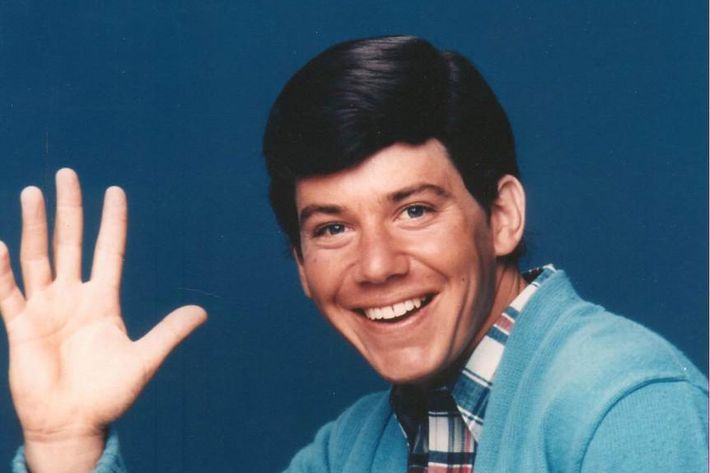
Happy Days is credited for first popularizing the word nerd, and it was usually directed at Potsie, even if by today’s standards he doesn’t seem like much of one. (If anything, the more awkward Ralph Malph feels nerdier in retrospect.) Potsie was fairly square, but other than the Fonz, so were all of Richie Cunningham’s friends (and Richie); plus, he came off as a heartthrob when he’d sing with his band. He and Ralph were more goofy idiots, in the Rosencrantz and Guildenstern vein, than modern nerds. It says a lot about how far the nerd has come that at one time it just meant “Not the Fonz.” By that standard, everyone’s a nerd.
1978: “The Nerds,” Saturday Night Live
Bill Murray and Gilda Radner’s nerds (Todd DiLaMuca and Lisa Loopner) were the real deal. They had the look and the voice and, most important, the personality. Murray explained what was so special about them in the SNL oral history Live From New York: “No one ever saw nerds enjoy themselves, really get funny. You never saw what really tickled them.” Their nerds weren’t just cheap jokes — they had real heart. It paved the way for TV nerds we care about.
1988: Screech, Good Morning, Miss Bliss/Saved by the Bell
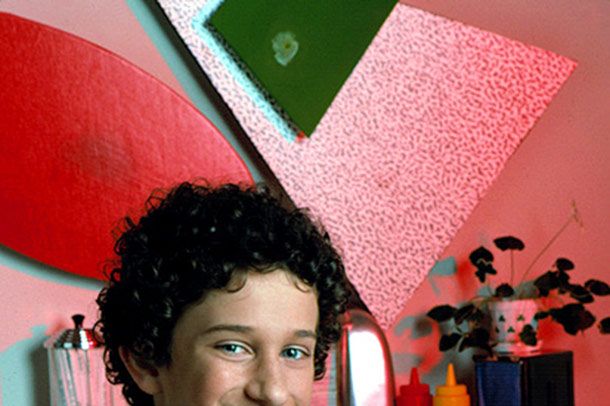
Screech had a lot of the classic nerd traits, in that he was super smart and not very cool. He was also very comfortable and aware that he was a nerd, which was new. What he brought to the nerd game more than anything was a sort of weirdness and eccentricity. (You know, like how he just had a robot.) It’s a quality that was incorporated in the many nerds that would come after him.
1989: Urkel, Family Matters
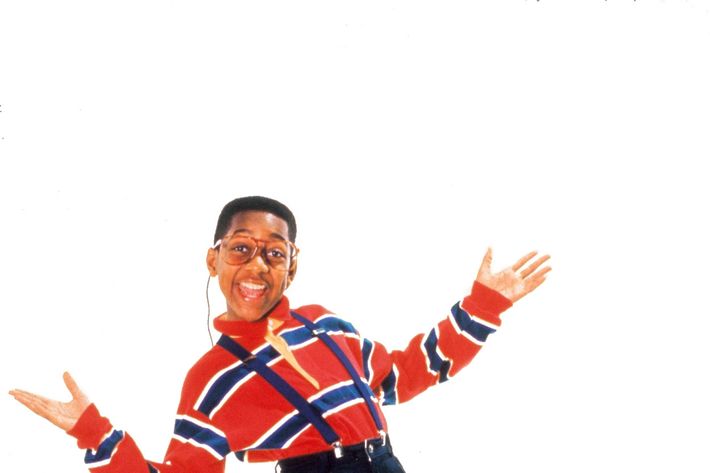
Family Matters was not supposed to be “The Urkel Show.” He was going to be a one-off character, but he was just too good. He was every single nerd trope pushed to the max: suspenders, high-water pants, glasses, clumsy, nasal voice, awkward, super smart, obsessive, with an unrequited love. His popularity definitely encouraged more and more nerd characters to show up on television.
1989: Lisa, The Simpsons
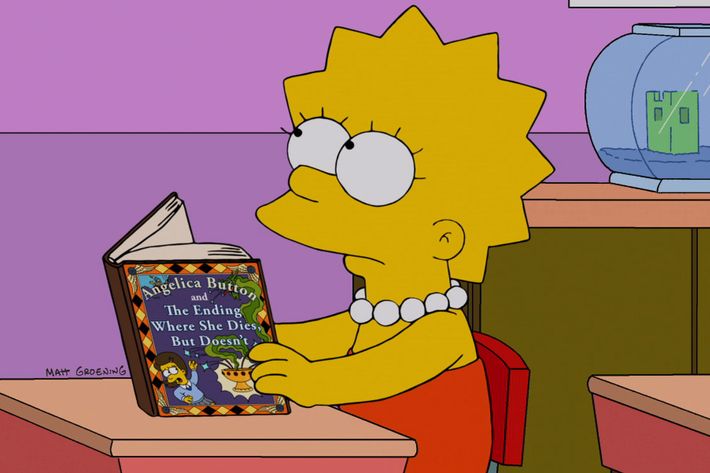
Unlike the rest of this list, Lisa is very young. She likes being smart and successful, but still has to come to terms with being a nerd. Before The Simpsons, no one really captured how isolating intelligence can feel, especially when you’re younger. It’s why “HOMR,” the Emmy-winning season-twelve episode in which Homer removes a crayon from his nose/brain and becomes smart, is so brilliant. For once, Lisa got to know what it was like to have someone who understood her. As Homer wrote in his touching note to Lisa, explaining why he decided to become dumb again: “I’m taking the coward’s way out. But before I do, I just wanted to say being smart made me appreciate just how amazing you really are.”
1990: Carlton, The Fresh Prince of Bel-Air
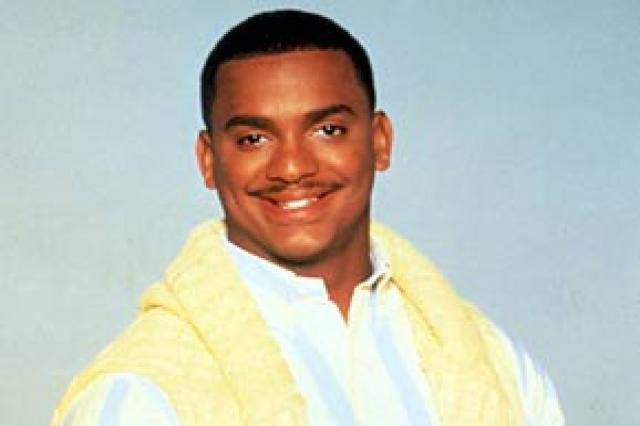
Carlton is closer to Potsie than any of these other nerds. He is exceedingly square, especially when compared to the Fonz-like Will Smith. He did well in school and, in general, just tried too hard. It’s not that nerds specifically always like Tom Jones, but his obsession with the singer, when mixed with his corny, iconic dance, was as nerdy as it gets. In general, he helped move the nerd away from the dominant glasses-and-high-pants aesthetic. You no longer needed the Loopner wardrobe to be a nerd.
1994: Ross, Friends
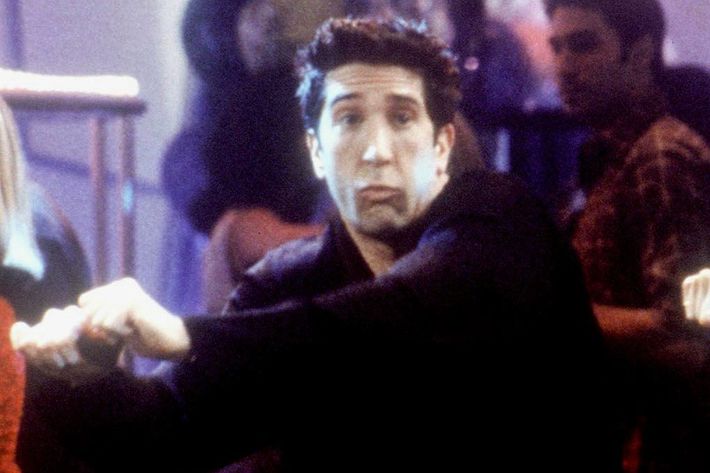
Ross really loved science and dinosaurs and karate (“ka-ra-tay”). He was also kind of a drip. The difference is Ross got the girl, consistently. Ross became TV’s first nerd sex symbol and pioneered the inevitable geek-chic craze. He showed what happens when nerdy kids grow up and move to New York and kind of become cool. Many, many shows today have formerly nerdy characters who are able to hang with classically cool people while maintaining their obsessions (à la Parks and Recreation’s Ben Wyatt or New Girl’s Jess Day).
2000: The Geeks, Freaks and Geeks
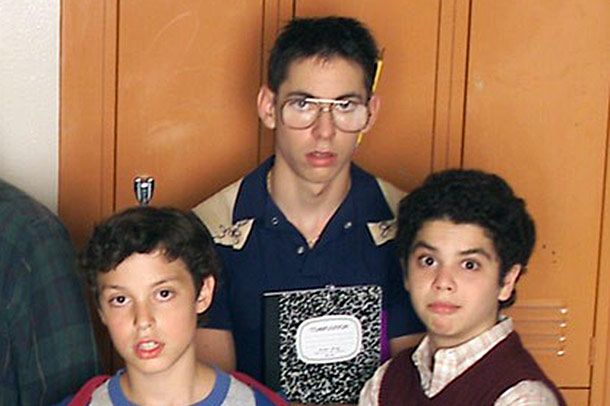
By this point, it wasn’t new to see a bunch of nerds hang out with each other on TV; however, usually they would be just in the background while cool people did stuff. Freaks and Geeks put the audience inside that clique. Like Lisa, the geeks didn’t want to be nerds (they pined to be welcomed by the cool kids), but they could not change who they were and were tortured for it. But at least they had each other. Also, their playing of Dungeons and Dragons celebrated the nitty-gritty of nerd culture like no show really had.
2007: Everyone But the Blonde Lady, Big Bang Theory
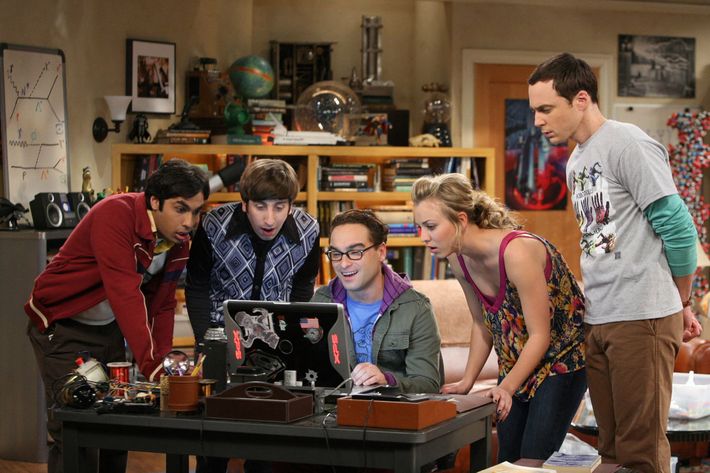
If you want to talk about the mainstreaming of nerd culture, here you go. Big Bang Theory is a show about nerds who like nerd things, and the sitcom is insanely popular. These are nerds who don’t have to get cooler as the get older; they are kings of their castles by being as nerdy as ever. It’s a culmination of all these years spent laughing at/with nerds.
2009: Abed, Community
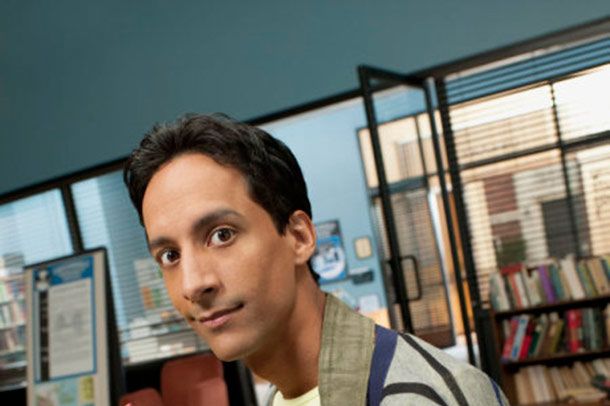
Some might argue that The Big Bang Theory represents the watering down of being a nerd. It takes the most popular touchstones of the culture but glosses over the actual personality behind it. Abed is the real deal. Abed is more than a kinda-sorta awkward guy who likes Star Wars; he’s hardwired to be obsessive, to be incapable of truly relating to his friends. Abed represents the most complicated, dark, and honest portrayal of a nerd ever in television and film. And ultimately we wouldn’t be able to get such a rich nerd character if it weren’t for all the nerd boundaries the previous nerds broke down.


